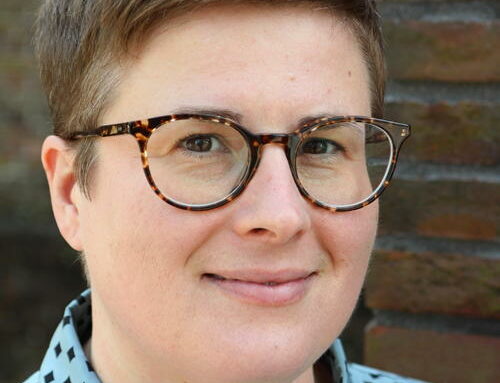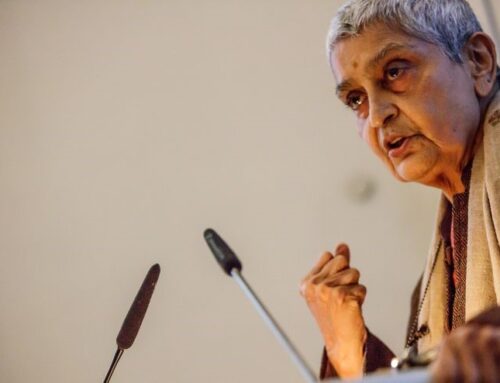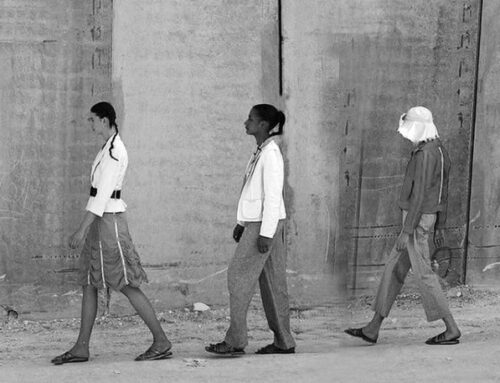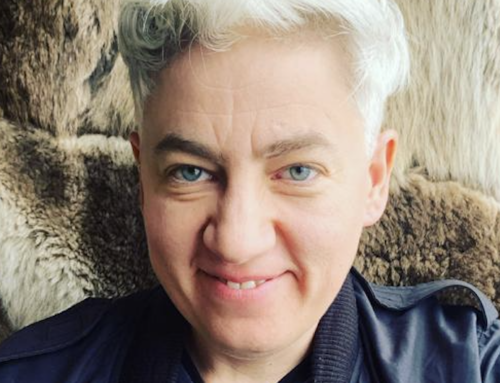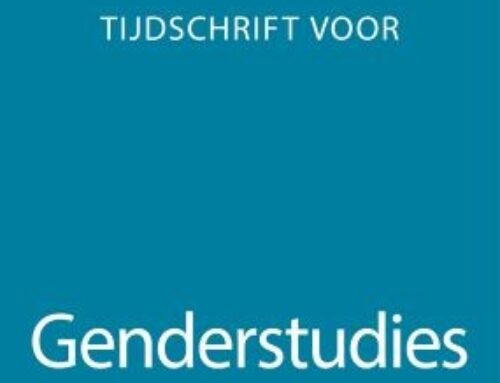 On May 10, 2022, NOG PhD Adriano Habed will defend his thesis Queer Critique and Its Discontents at Utrecht University. It is a joint supervised PhD project between Verona University and Utrecht University within the framework of the EU Horizon 2020 Marie Curie project INVITE.
On May 10, 2022, NOG PhD Adriano Habed will defend his thesis Queer Critique and Its Discontents at Utrecht University. It is a joint supervised PhD project between Verona University and Utrecht University within the framework of the EU Horizon 2020 Marie Curie project INVITE.
Critical scholarship
Lately, there has been a huge controversy around critique. Scholars and intellectuals within the Humanities are held to be ‘critical’ by definition, because many of them are committed to challenging people’s common sense and demystifying what society think is normal. Yet, a growing discontent with critique is voiced by those who believe that people’s common sense has to be taken seriously and that the demystification of what is taken to be normal has run its course. To put this controversy into a question: is the work carried out in the humanities bound to be critical or not?
Queer theory
This dissertation analyses the concept of queer critique as it emerges from the queer theory canon, as well as some key debates in which a dissent is expressed about criticism in general and queer criticism in particular. Queer theory emerged in the early 1990s in the U.S. as a reaction against existing theories and politics regarding sexuality. This reaction is characterised by the rejection of the binary distinction between homosexuality and heterosexuality, a refusal to consider sexual and gender identities as natural, and an emphasis on the differences within sexual minority groups. It is therefore not surprising that queer theory is by definition critical. This dissertation, however, seeks to delve deeper into this critical reflection, which queer theory often takes for granted.
Contemporary queer critique
Is the field of queer theory irrevocably critical or can it be defined otherwise, for example “postcritical”, “reparative” or “non-antinormative”? This PhD dissertation investigates these conundrums by mapping the field of queer theory as it emerged in the 1990s in the wake of Michel Foucault and continued through the works of two authors who are now considered the founding figures of the field: Judith Butler and Eve K. Sedgwick. It explores the long-standing meaning of critique and wonders whether the critical tools queer scholars and intellectuals have been deploying in the past decades are useful to confront today’s societal challenges. One conclusion is that queer critique in its multifarious meanings is a highly relevant enterprise, but that it risks becoming a routine and an unreflective automatism in some scholarly works.
Details PhD Defense
Date: Tuesday May 10, 2022
Time: 12.15 – 13.15
Location: Due to Covid-19 the PhD defense is hybrid. On location by invitation only. Follow this link to attend the livestream.
Title: Queer Critique and Its Discontents
Supervisors: Prof. Sandra Ponzanesi (Utrecht University) and Dr. Lorenzo Bernini (Verona University)


